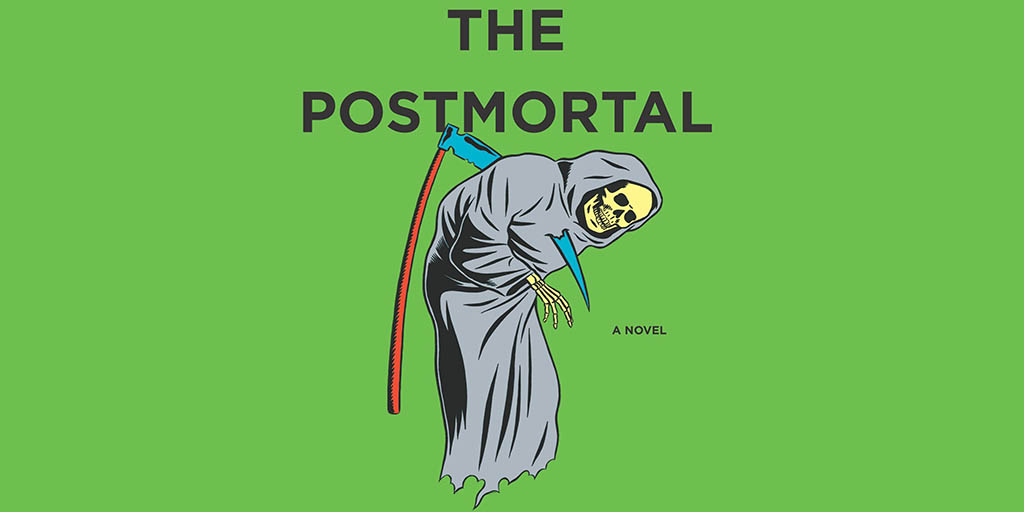The consequences of immortality: looking at Drew Magary's The Postmortal
 CREDIT: PENGUIN GROUP USA
CREDIT: PENGUIN GROUP USAThe Postmortal by Drew Magary takes an in-depth look at something many of us crave: immortality, but what the story reveals will leave many in shock.
The quest for eternal life has entrenched itself in the hopes and dreams of many. In the face of dealing with the eventual fact of mortality, imagining a world where nobody dies is an easy way of putting it off. But what would really happen if immortality were achieved? Drew Magary’s novel The Postmortal offers a bleak, if not painfully realistic, look at the implications of eternal life.
The novel focuses on the recordings of John Ferrel, a 30-something lawyer who keeps meticulous notes of his day-to-day interactions. The cure for immortality has existed for three years, though it has not been released for commercial use. Protests over whether the cure should be banned or released create a tense political atmosphere that readers will be familiar with.
Ferrel becomes one of the first to live forever after finding a black-market doctor to perform the painful procedure on him. These postmortals, as the government later calls them, deal with the emotional and philosophical repercussions of immortality not only for themselves, but also for the rest of the world. What meaning does work have if there’s no retirement to look forward to? Marriage vows become a little scary; how does “till death do us part” hold up if death never comes?
The novel hones in on these types of questions, bringing up themes of class inequality, as the cure costs a fair bit of money, as well as social conformity; even those who are personally opposed to the cure find themselves forced into immortality to keep up with everyone else.
This book makes you think about some uncomfortable topics, with the lens of an immortal population to justify it. Government-endorsed euthanasia – aged-based genocide – seems like a justified, if not extremely upsetting, solution in the context of an extremely over-populated world that just won’t die off.
Even more upsetting (in the best way) is Ferrel’s transformation throughout the book. Only so much can be said about this without spoiling the story, but his character goes through quite the arc.
While this may be Magary’s first foray into fiction writing, his career in journalism gives strength and purpose to his writing. Even so, at times the book feels like a first attempt at writing a full novel. The prose can be a little clunky at times, and characters make a few unexplained choices (to be fair, who wouldn’t feel a little impulsive if they had immortality).
Magary’s journalistic background is quite clearly shown in this novel, which is told through a compilation of different narratives. The focus is still on Ferrel, though he often will include articles or interviews he has seen on the Internet dealing with the repercussions of postmodern life. This works well at showing a variety of perspectives and paints a fuller picture of the social, global and economic stress that immortality would put on the world. The last of the novel’s four sections forgets about this narrative style, going for a more traditional narration style to highlight the book’s more action- packed segments.
This is a book to be read little by little; the topics this book deals with are surprisingly personal and often require some time to completely swallow. Going into this book, I was intrigued with the prospect of eternal life. Coming out of it, I wouldn’t wish it on my worst enemy.














